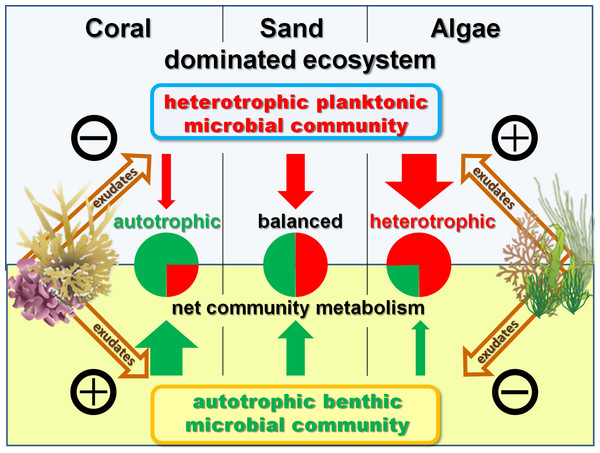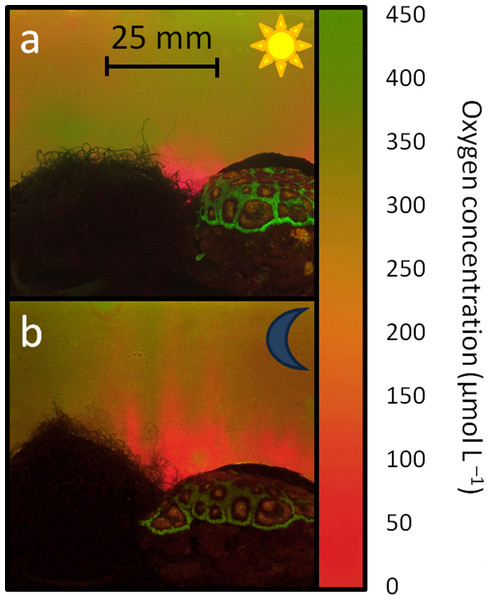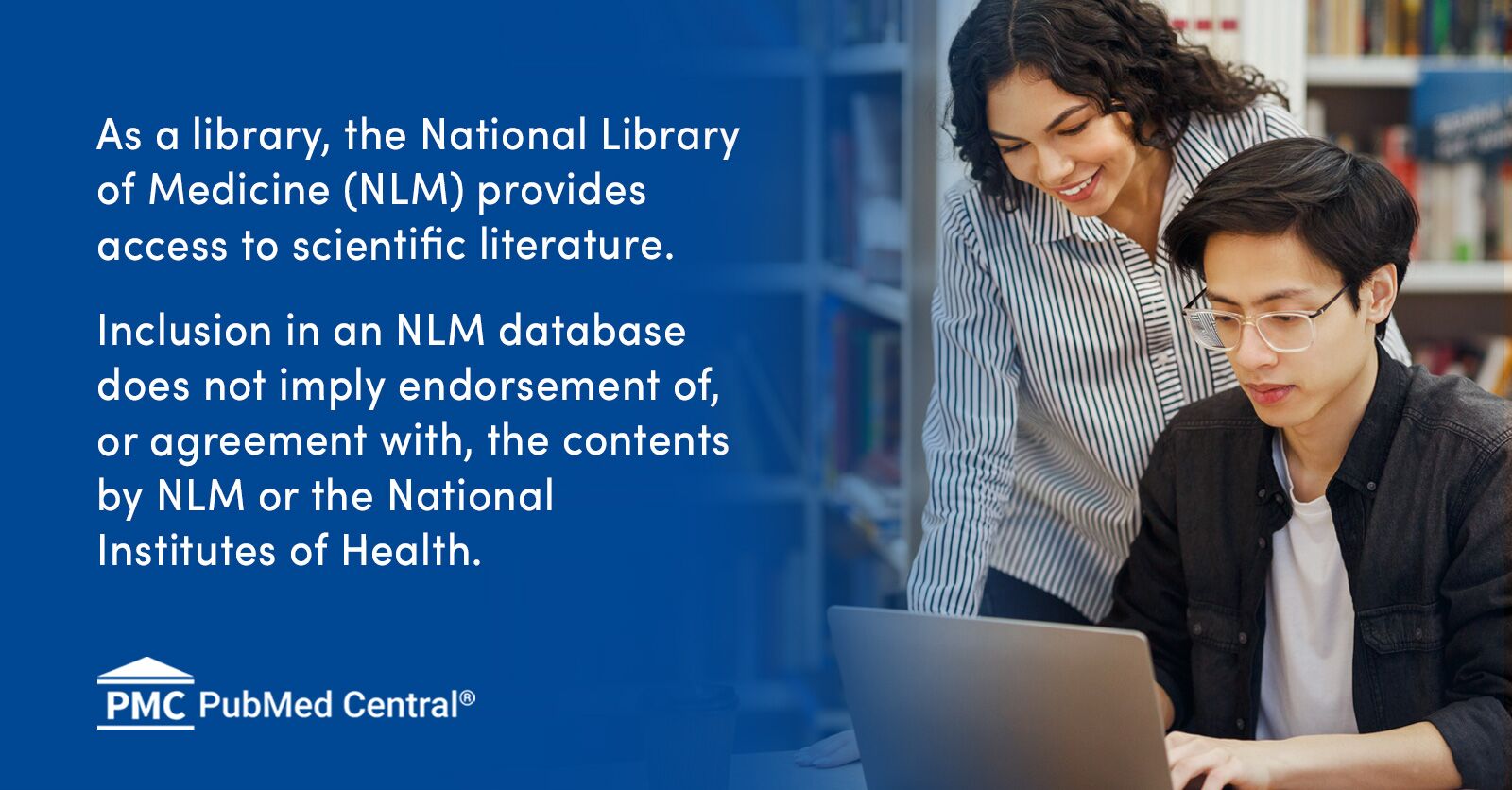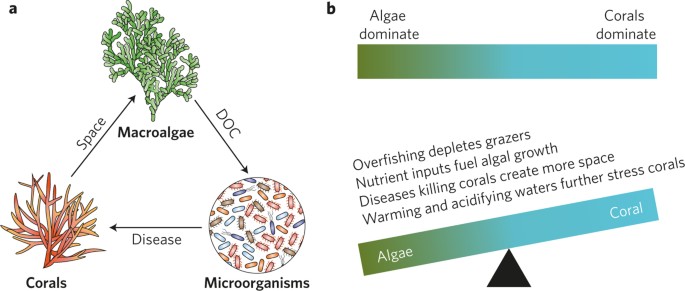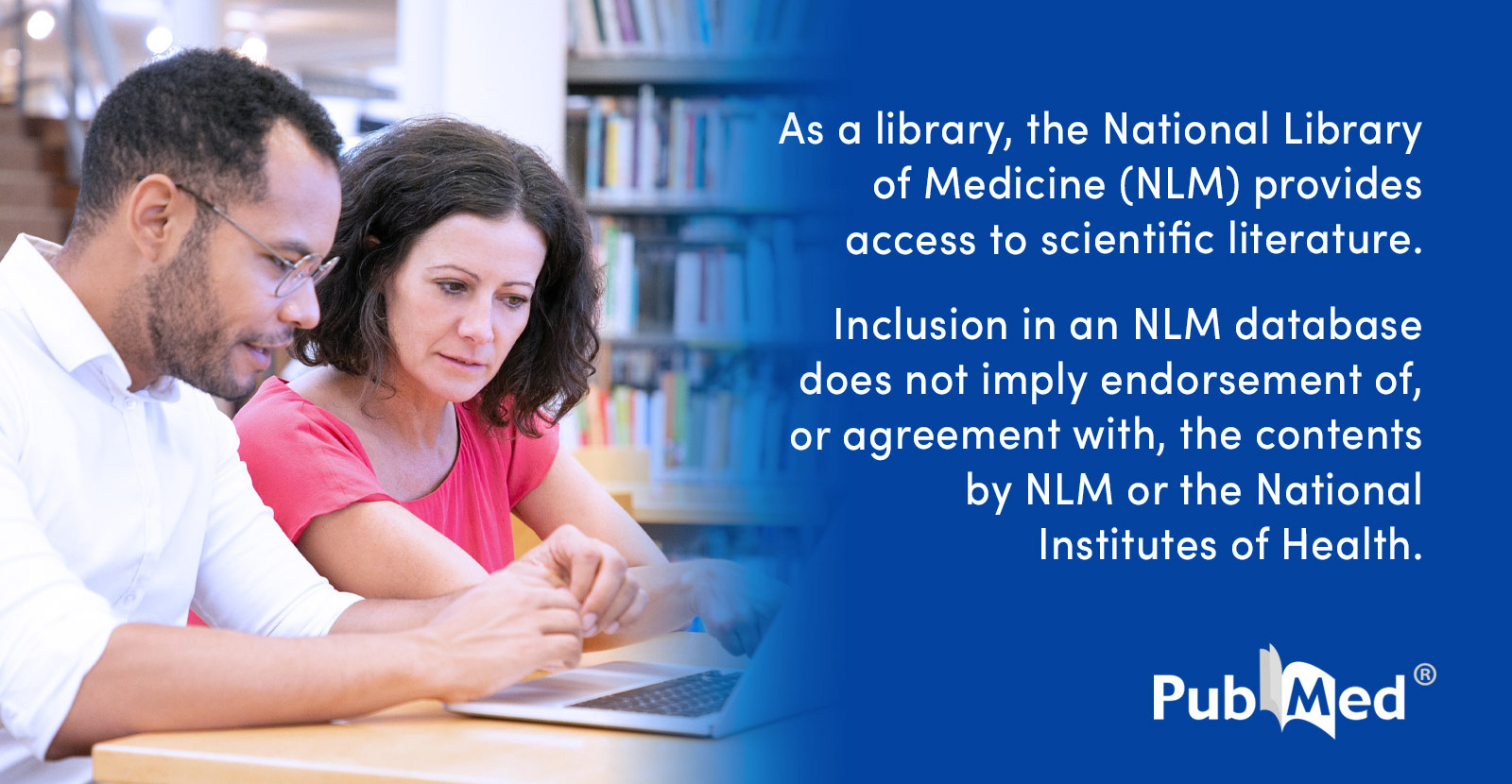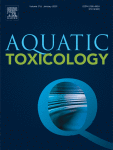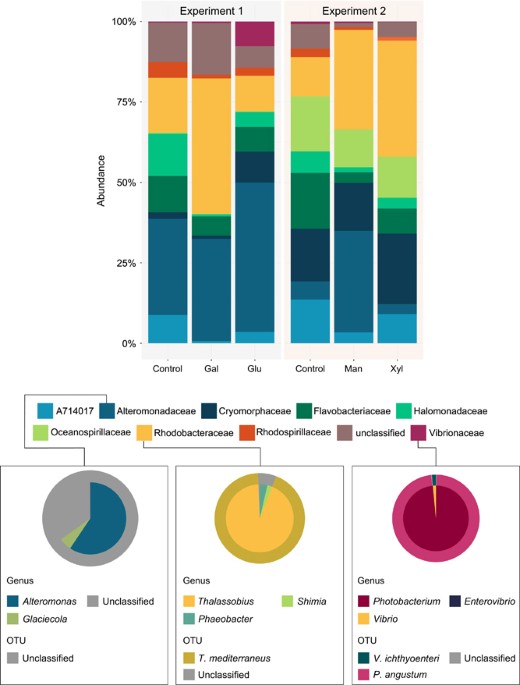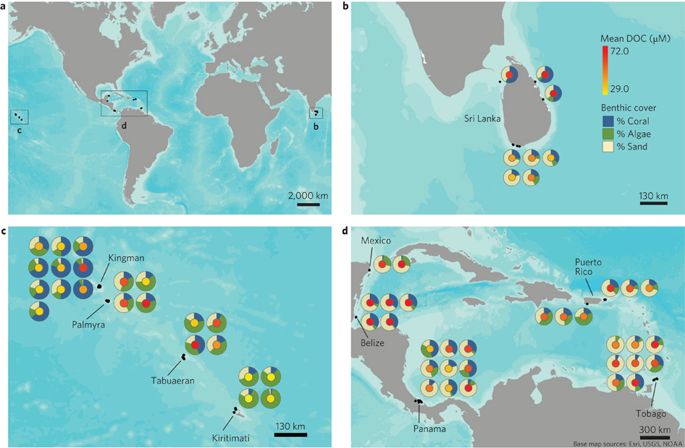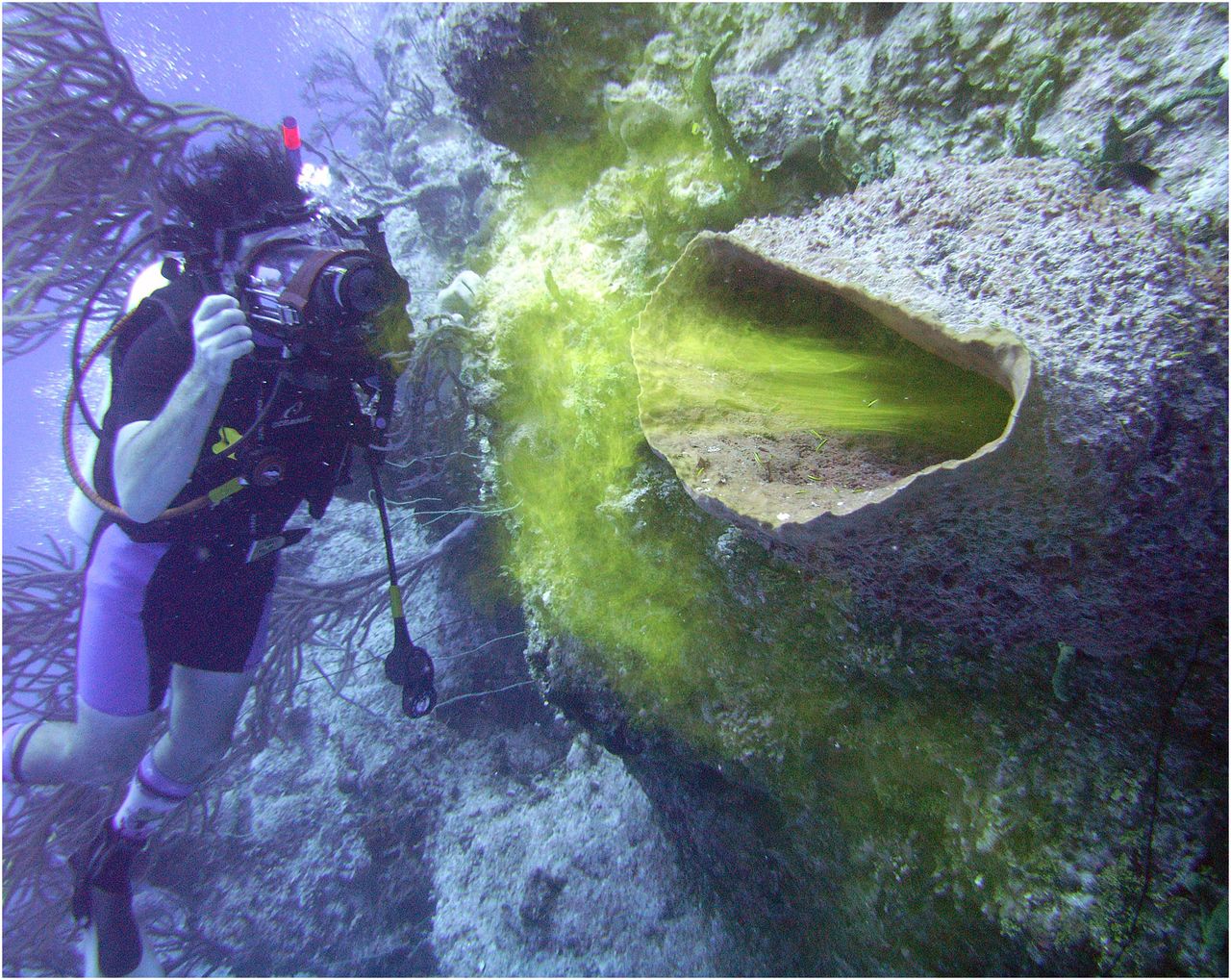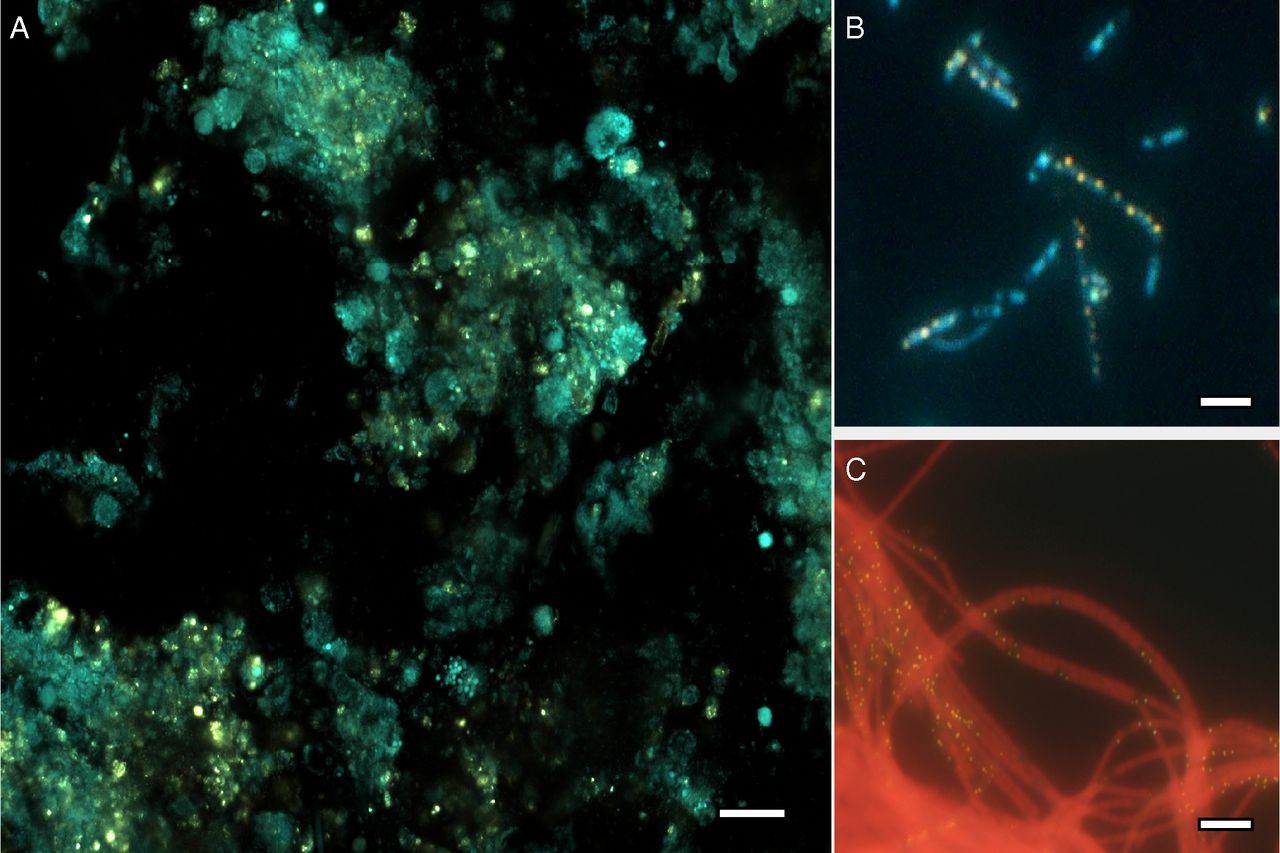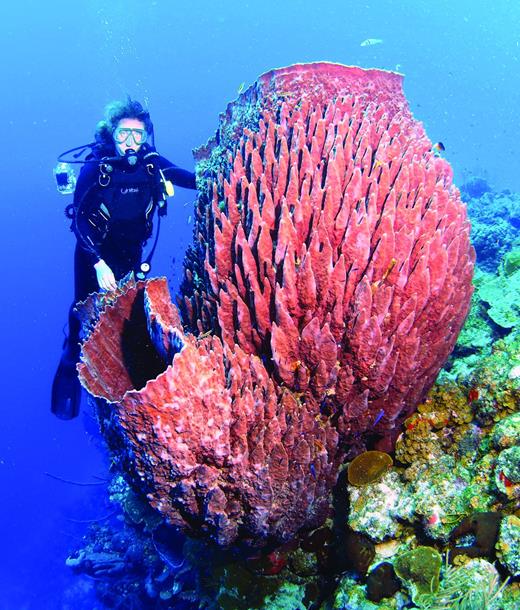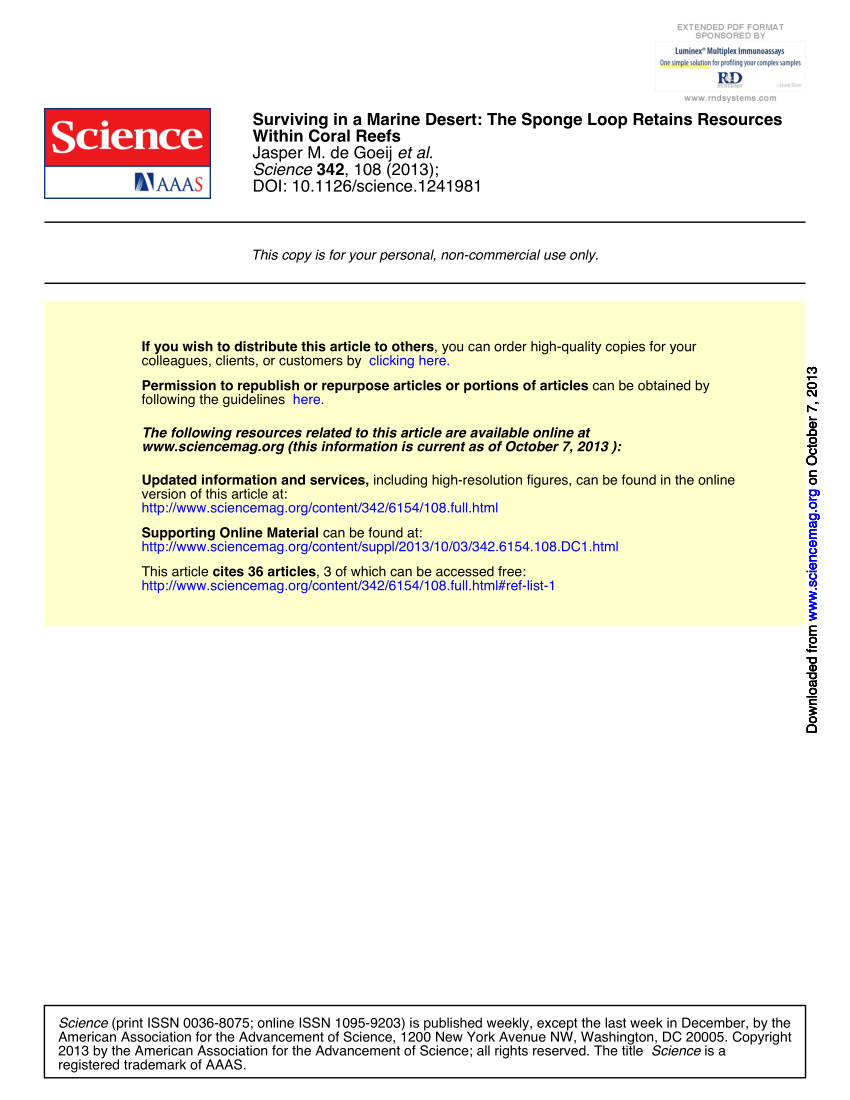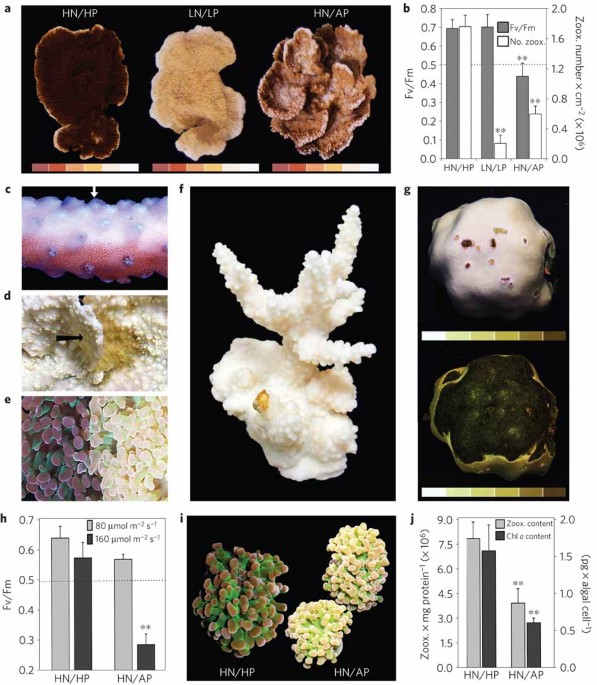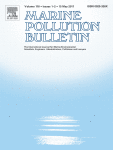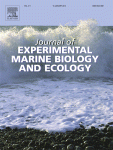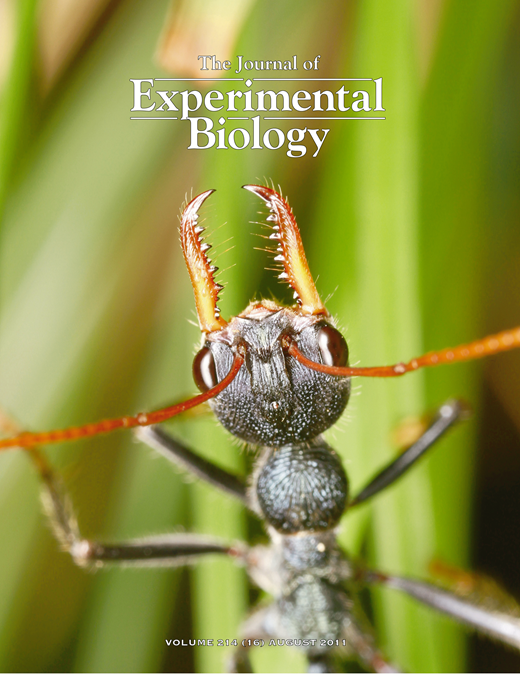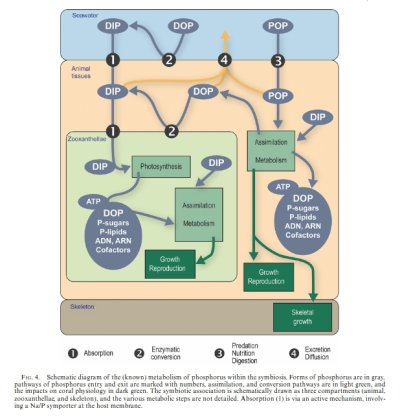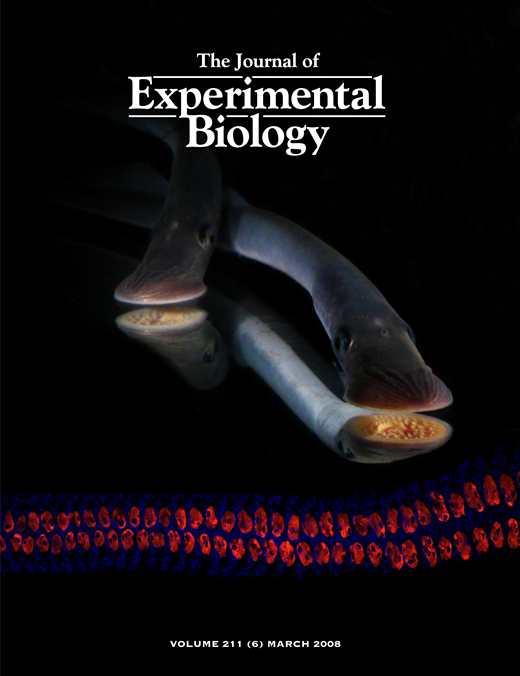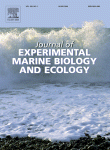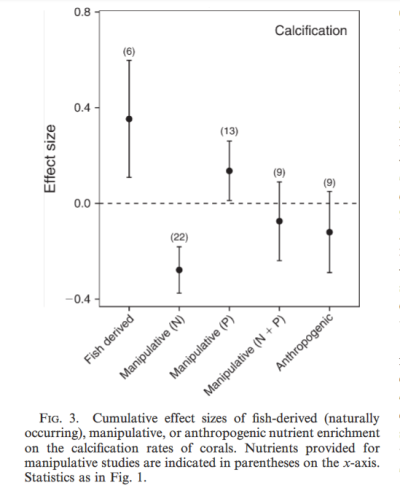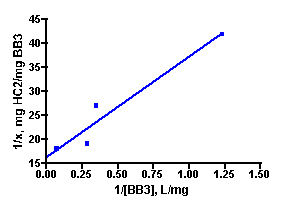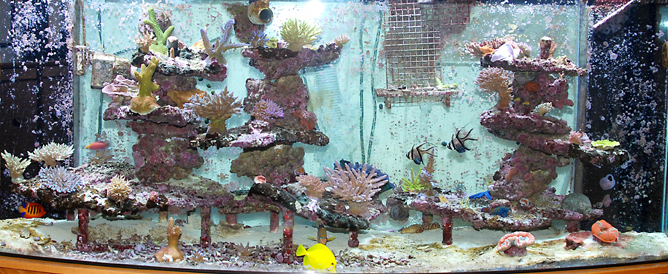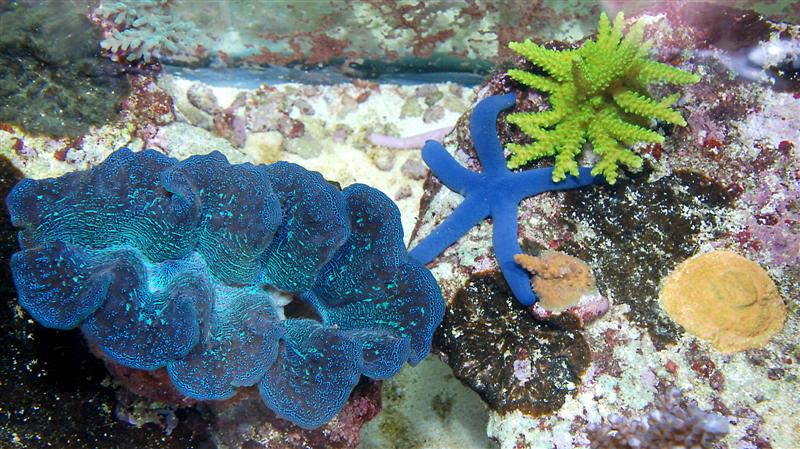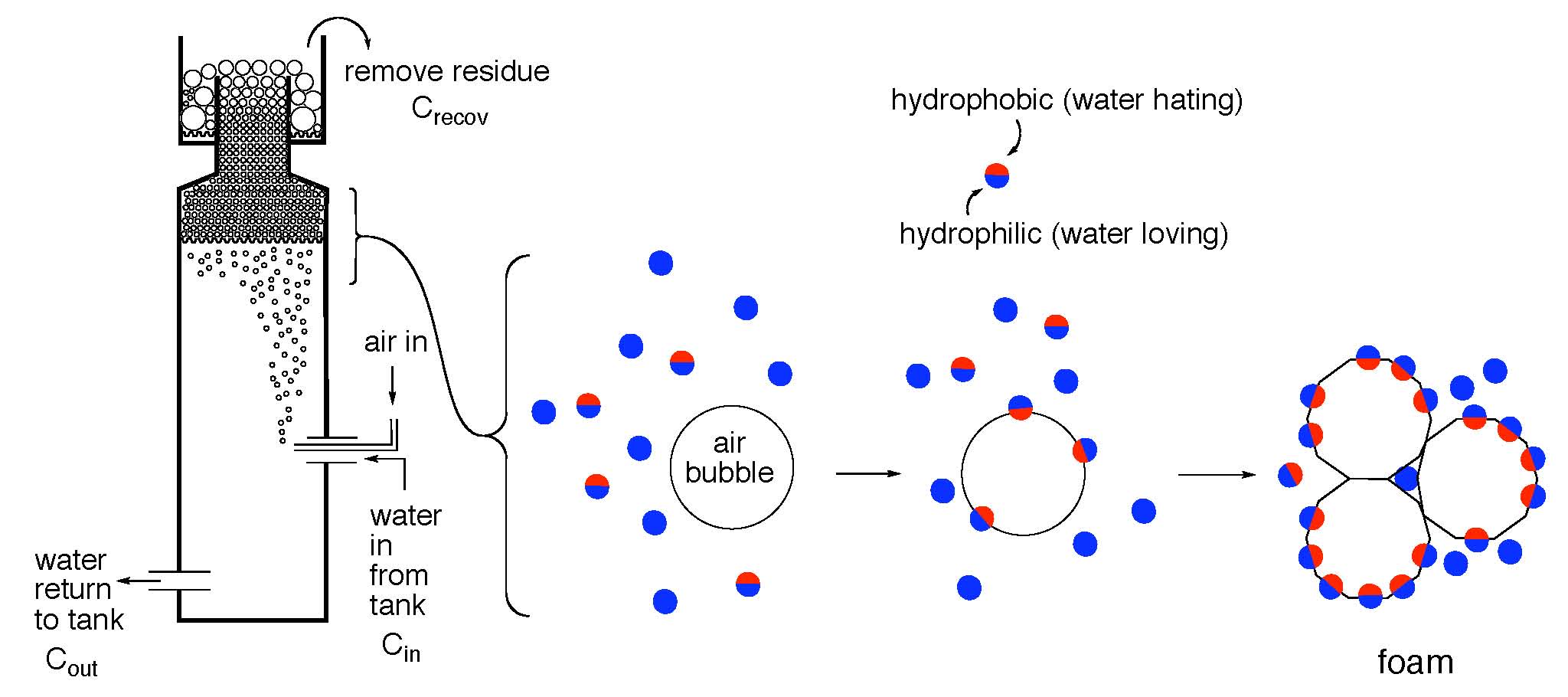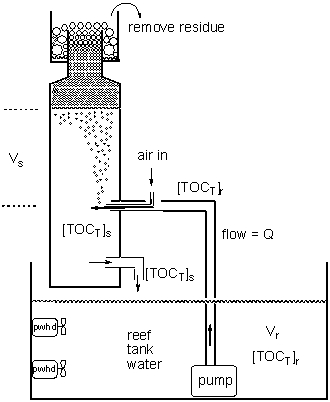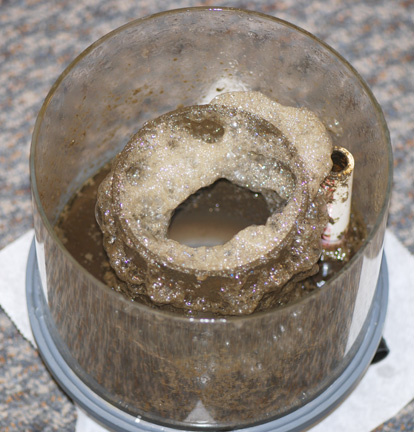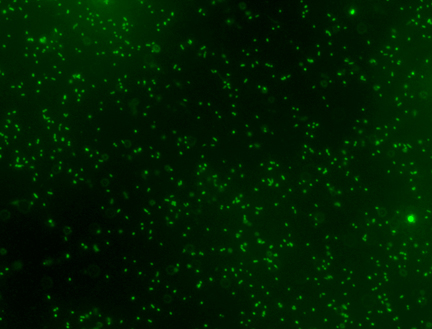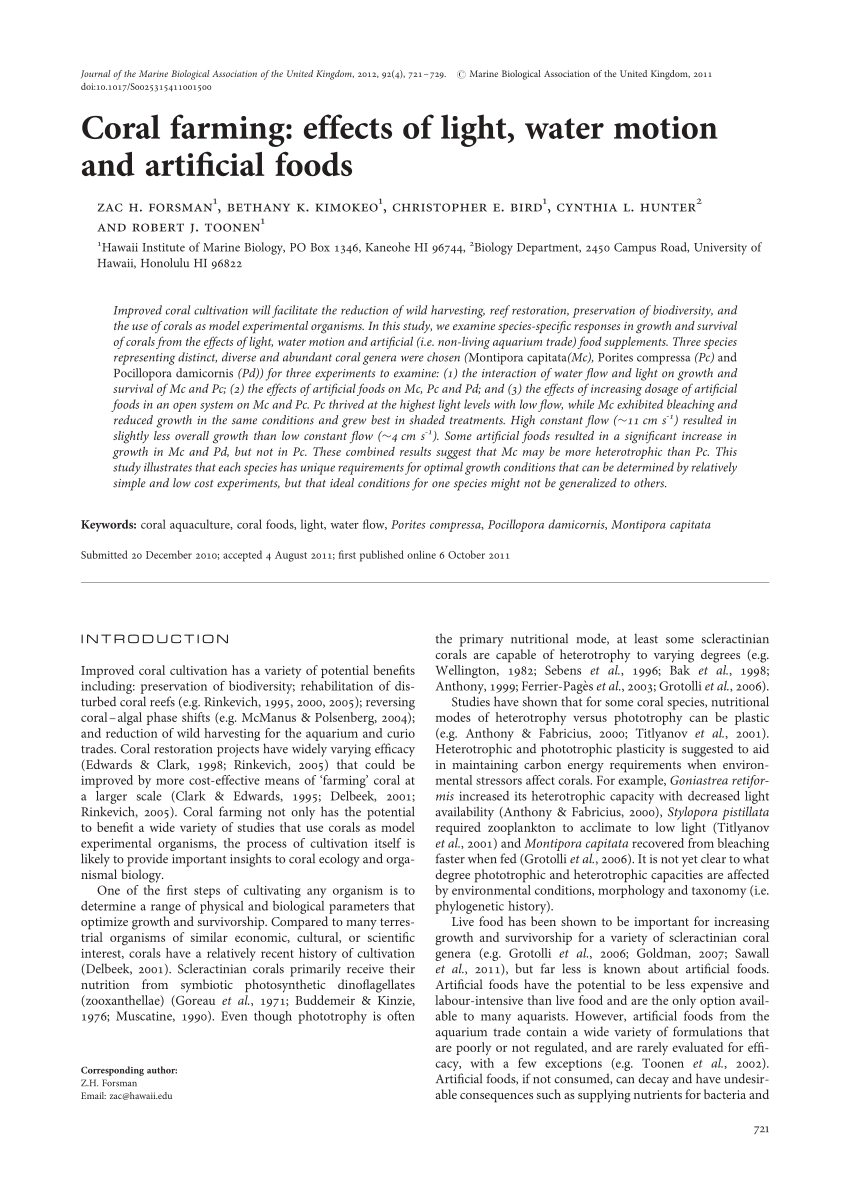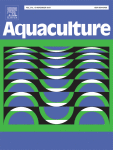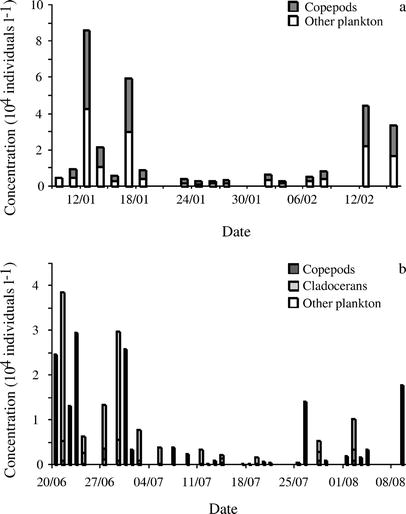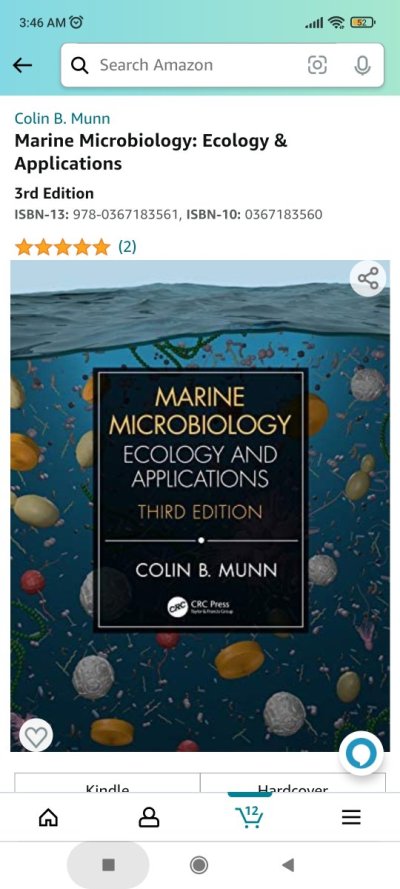Does anyone have any marine biology textbook recommendations (not too advanced)?
I haven't had an ecology/zoology/biology class in ten years, and I want to review marine food webs to understand more about the relationships between carbon, bacteria, plants, and animals among the different trophic levels. I believe understanding these relationships will make me a better aquarist, especially because I am learning to keep NPS and sessile invertebrates. The more I know about food and bacteria, the better chances I have at keeping them longterm.
TIA
I haven't had an ecology/zoology/biology class in ten years, and I want to review marine food webs to understand more about the relationships between carbon, bacteria, plants, and animals among the different trophic levels. I believe understanding these relationships will make me a better aquarist, especially because I am learning to keep NPS and sessile invertebrates. The more I know about food and bacteria, the better chances I have at keeping them longterm.
TIA








